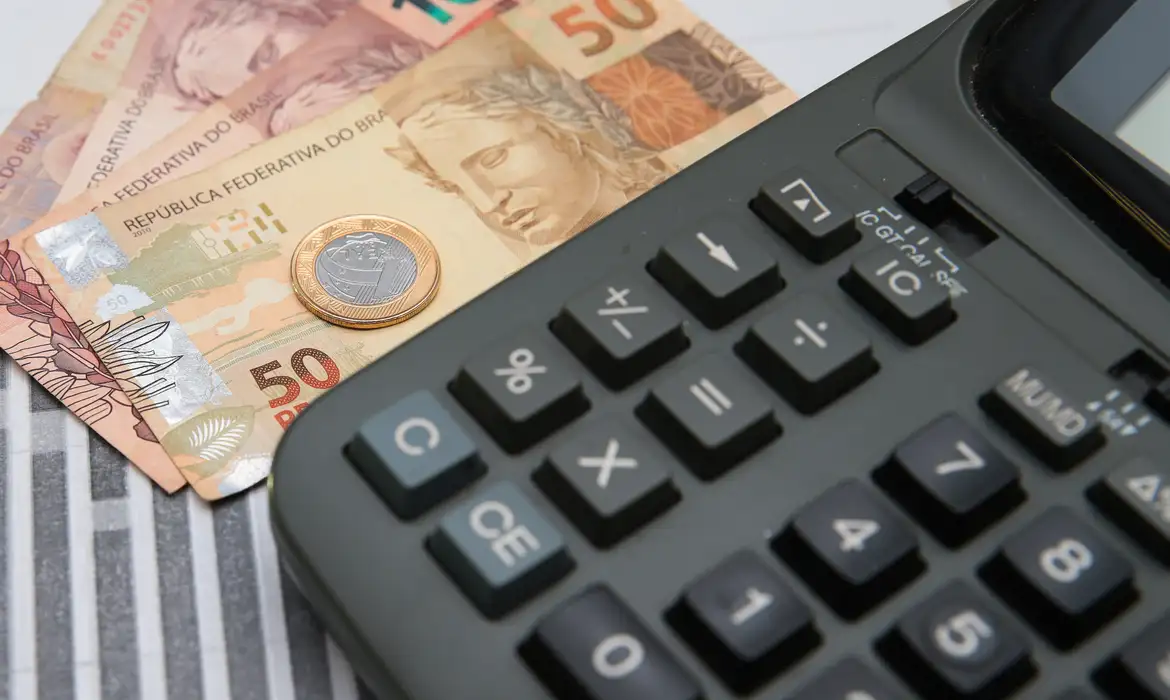Tax reform: learn more about the project that regulates the new system

Publication date: July 10, 2024, 09:00h, Updated on: July 10, 2024, 09:25h
O Complementary Bill (PLP) 68/2024 — which regulates the tax reform approved at the end of last year — should go to a vote this Wednesday (10), according to the president of the Chamber of Deputies, Arthur Lira (PP-AL). Sent by the government to the National Congress, the text that details how the new tax collection system will work was modified by a working group formed by deputies. Brasil 61 explains to you the main points of the new proposal.
Taxes
The reform changes the taxation on the consumption of goods and services. The federal taxes PIS, Cofins and IPI will be replaced by the Contribution on Goods and Services (CBS). The ICMS, from the states, and the ISS, from the municipalities, will be eliminated in favor of the Tax on Goods and Services (IBS). Together, CBS and IBS form the Value Added Tax (VAT) — a model adopted in more than 170 countries.
Tax specialist Rodrigo Pinheiro, a partner at Schmidt Valois Advogados, explains that the current model for collecting consumption taxes is complex, since the federal government, states and municipalities can issue their own rules for their taxes. He believes that the new system will simplify the taxpayer’s life, since there will be a single legislation for the CBS — a new federal government tax — and for the IBS — a new tax shared by states and municipalities.
“It is a step forward, but it will take some time to be noticed due to the coexistence between the current regime and the new regime over the next ten years. However, gradually, the effects of this legislative simplification will start to be felt more by companies, because we had state and municipal taxes, and each state and municipality had its own specific legislation. This will end. There tends to be a benefit from this legislative unification resulting from this simplification.”
The government estimates that, in order to maintain the current system’s revenue level, the standard VAT rate (CBS + IBS) will be 26.5%. This will be the percentage of tax charged on products and services that do not receive any type of differentiated treatment.
Congressman Luiz Gastão (PSD-CE) explains that this rate depends on the number of items that will receive discounts or exemptions from taxes, but that the idea is to follow what was defined. The congressman is one of the members of the group in the Chamber that discussed the regulation of the proposal.
“All the text that was written, all the work we did, was to maintain the rate and we believe that we will be able to maintain the rate at this level”, points out Gastão.
The Superintendent of Economy at the National Confederation of Industry, Mario Sérgio Telles, believes that the balance in the tax exemption and reduction lists of PLP 68/2024 is responsible for the proposed rate.
“In both the original version and the amendment, the text contains lists of exceptions, those goods and services that will have a zero rate or reduced rates in relation to the others. The lists were very reduced, which is important to ensure that the rate that everyone will pay is lower. Today it is estimated at 26.5% and at the end of last year at the CNI we conducted a study that estimated this rate at 27.5.”
The CNI, however, made some reservations regarding points in the text that do not cover important demands from the sector.
By Brasil 61




